In the next in our Industry Voices interview series, we sit down with the Assurance and Governance Manager at Sofina Foods, to talk petting zoos, pigs and the future of the British pork industry.
Watch Helen discuss the sector in her own words in the latest of our Industry Voices series, and read the full interview below.
On the day we speak, Helen Clarke-Ferridge is in the process of zoning her house for three house rabbits. Two don’t get along and have already been given their own territories. The other pair are, hopefully, in the process of bonding.
“We’re running out of space,” she explains, “so these other two really need to sort it out.”
As Assurance and Governance Manager at Sofina Foods, specifically in the Sofina pork division, it’s usually the welfare of pigs – rather than rabbits – that are Clarke-Ferridge's prime concern.
Her work, which takes her across the UK visiting a large number of pork producers, sees her travelling from her home base in the Midlands all the way up into Scotland to meet farmers. She goes there to check antibiotic usage, welfare outcomes, any technical issues, and the required customer standards are being met.
Considering the inputs of a pork supply chain
“I've always had a passion for working with animals,” she says, “but I think farming is just so special because it's getting the best out of animals in a different context – and I really enjoy the farm environment. There's so much more that goes into it. it's not just here's an animal and it will grow. You have to consider all the different inputs and outputs that make it a successful supply chain. It's quite unique to agriculture to work with animals in that way.”
Clarke-Ferridge has always been an animal person, though she did not come from a farming background. Her connection to all things nature-related stems back to her school days and work experience at a local petting zoo. The placement was meant to last two weeks. She was still there years later.
“I just ended up staying for all three of my school years, college, weekends, evenings, any spare moment in the school holidays,” she says, “and I kept in touch with them as well all through university. Now, the next generation has taken it over. It’s wonderful to see.”
Her lifelong passion for animal welfare
Her petting zoo experience sparked her love of pigs, eventually leading to a Masters in Pig Behaviour at the University of Leeds. Before long she was working on the ground with farmers, specialising in health and welfare – now her area of expertise.
So, what is it about the pigs that resonate with her so much? “They just have this endless appeal for me,” she says. “They're mischievous, have odd behaviours and sometimes they're a little bit human in what they do.”
The pig and poultry sector is currently under the spotlight – the British government is in the process of launching a new All Party Parliamentary Group to advocate for the eggs, pigs and poultry industries within Parliament. The aim is to help with both the challenges and the opportunities facing food producers across the UK.
The developing issue of ASF
One of the big issues they will be looking to discuss is the growing threat of African swine fever (ASF). While causing problems across the continent, it has not yet reached the UK. Clarke-Ferridge has been watching developments in that area closely.
“There's quite a lot of work going on now that we're involved with – and we need to make sure we're not being complacent. But we're all in a place now where it feels a bit inevitable that ASF will come here. Especially when we look at how it is spreading around the rest of Europe. It could happen at any time. I think we are waking up every day and realising we've been lucky again. We've got another good day ahead of us.”
She mentions that both an English and a Scottish exercise is taking place looking at ASF with government officials, so they can map it through and test what protocols are currently in place.
“We have to see what learnings we’ve got, because we are a whisker away from this potentially happening. We might be lucky, but if it did happen it would be catastrophic, so we can't have had a dry run at it. We need to test our procedures and see what we can do to be the most prepared.”
The power of looking forward
While the industry is on the same page about ASF, Clarke-Ferridge feels like there is a fair bit of division currently around how to record sustainability in the sector. “There are questions around how we capture what we're doing and present it in the best possible way. Like what's the best way of doing carbon calculations? Until we strip away all the noise and decide as a sector that this is actually the most sensible way for us, because it fits the business model, we're going to be stuck on this one with quite a lot of noise.”
But there are lots of opportunities in the pig sector. “We're quite forward looking as a sector, so we're always looking for where we go next, like when we introduced electronic medicine books and driving down antibiotic usage.” Some of this is actually down to Covid. “I think we've got the legacy of that sort of thing set in place now. People are more willing to have digital records. They're more willing to talk on the phone about what they need to do on the farm.”
She also calls out the strong sense of leadership propelling the UK industry. “I think if we're given a challenge, we're quite good at going, okay, yeah, we can see some value in that. So, let's all work on it together and see what we can come up with. I think potentially that's where we are ahead, because we are pretty small really on the world stage, So, being able to get all of us around a table actually isn't too big a job.”
Future pork industry challenges
Of course, there are challenges – from the rise of alternatives to milk and meat to labour shortages – and possibilities ahead. She’s not too worried about EUDR – “it will definitely have an effect because it’s a regulation change, but I don't think we're in a bad place. We know what we need to do.” – but is more aware that technically there are some areas of the sector that haven’t quite caught up yet.
“I still don't think we've solved some of the underlying issues like internet connectivity and upskilling people to be able to use these tools.” There are still plenty of places where she loses phone signal or there’s no internet connection that's stable. “I'm encountering people who still use a traditional mobile phone. They haven't got a smartphone. They haven't necessarily got a laptop.”
And that,” she says, “is the revolution that is still to come. Until we sort out some of that, it's going to keep being a barrier to some of the more exciting things that we can do.”
The capabilities are there for on farm sensors to track temperature, feed and water intake and pig growth. “We could literally track a pig every second of its day if we wanted to,” she says smiling. “And soon, when we have the connectivity to achieve that the possibilities will be endless.”
Want to know a little more? Here are our five fast facts with Helen Clarke-Ferridge.

If you'd like to discover more interviews in our Industry Voices series, you can find them here.
.jpg)
Greer McNally
Greer has over 15 years’ experience writing about trends in the food and retail sectors. She lives in a little village by the sea in Northern Ireland and loves creating content that informs how people think about the food industry. A recent career highlight was interviewing the legend that is Dr Temple Grandin.
Stay up to date
Stay up to date
Browse Posts
- February 2026
- January 2026
- December 2025
- November 2025
- October 2025
- September 2025
- August 2025
- July 2025
- June 2025
- May 2025
- April 2025
- March 2025
- February 2025
- January 2025
- December 2024
- November 2024
- October 2024
- September 2024
- August 2024
- July 2024
- June 2024
- May 2024
- April 2024
- March 2024
- February 2024
- January 2024
- December 2023
- November 2023
- October 2023
- September 2023
- August 2023
- July 2023
- June 2023
- May 2023
- April 2023
- March 2023
- December 2022
- November 2022
- October 2022
- September 2022
- August 2022
- July 2022
- June 2022
- May 2022
- April 2022
- March 2022
- February 2022
- January 2022
- December 2021
.png)
/Blog%20Headers/shutterstock_1927957907%20(1).jpg)
/Blog%20Headers/shutterstock_1845178195%20(2).jpg)
/Blog%20Headers/shutterstock_2133827717%20(1).jpg)
/Blog%20Headers/shutterstock_2473376713.jpg)
/Blog%20Headers/shutterstock_2474442759.jpg)
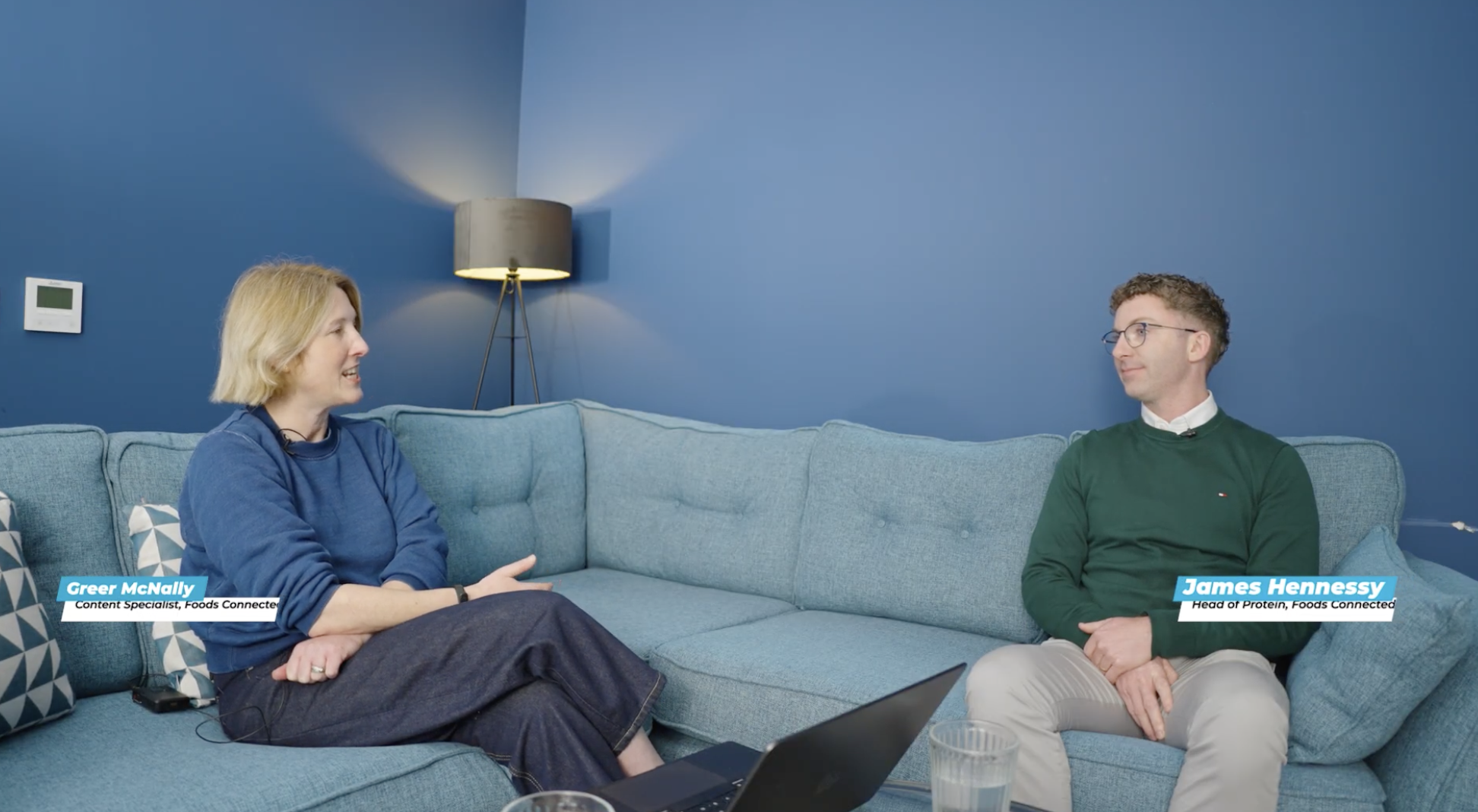
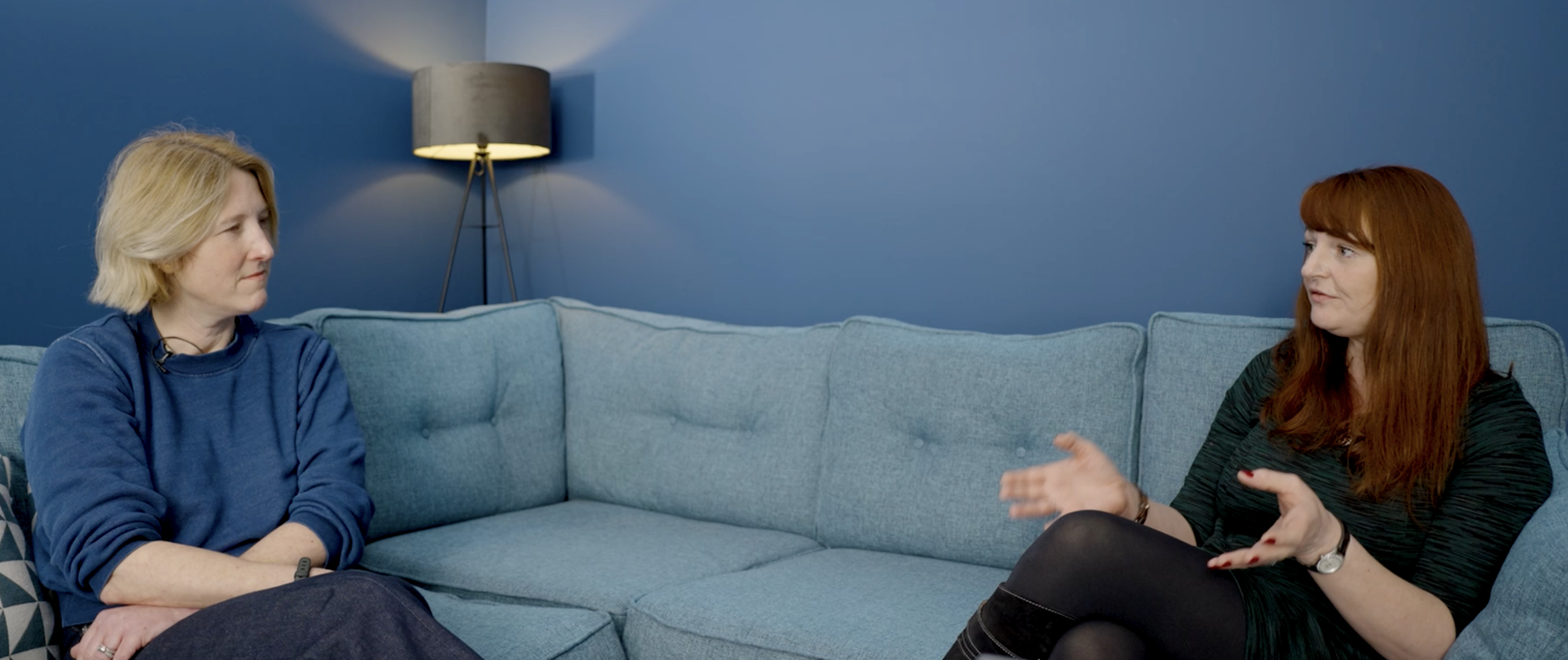

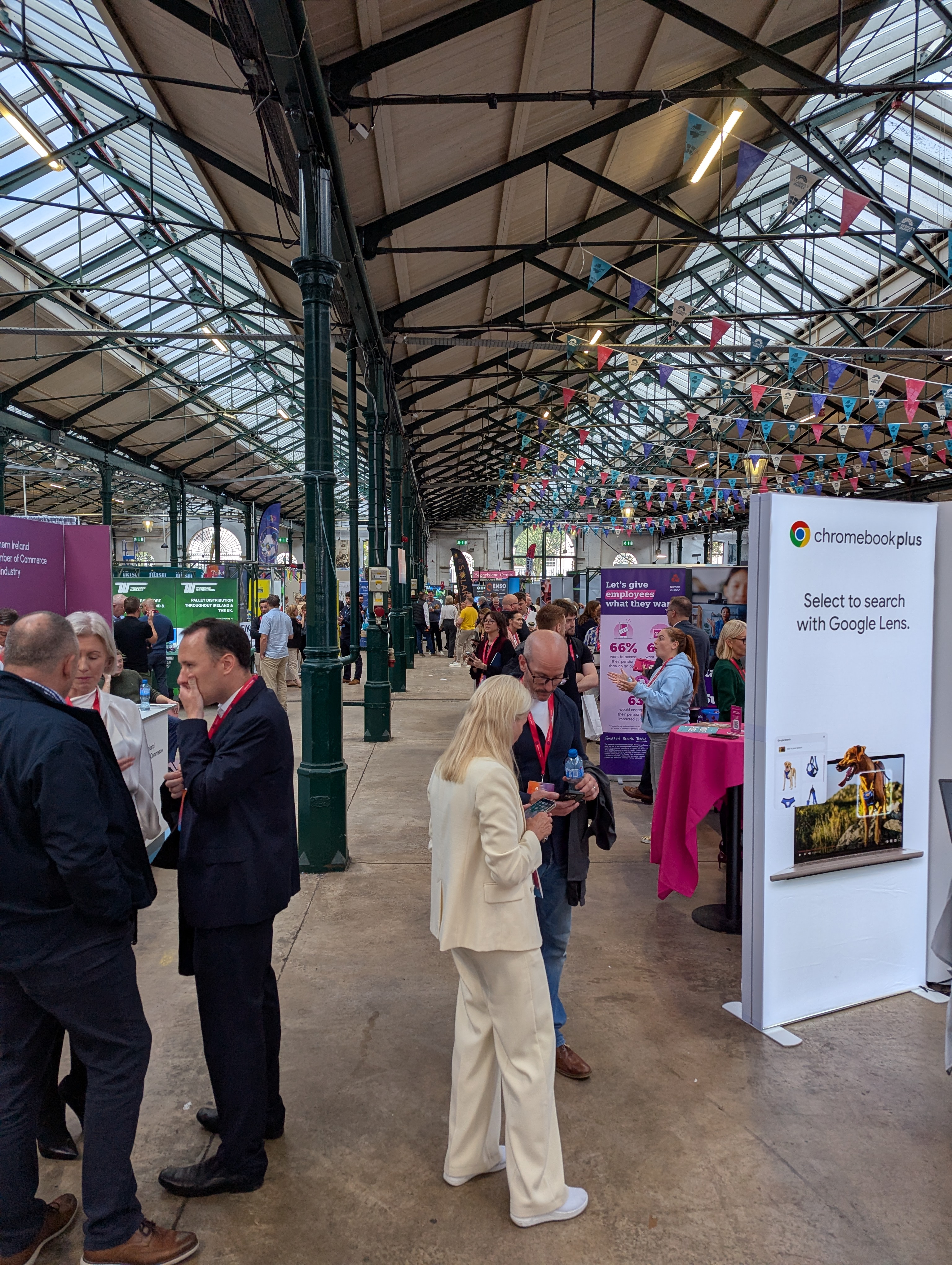
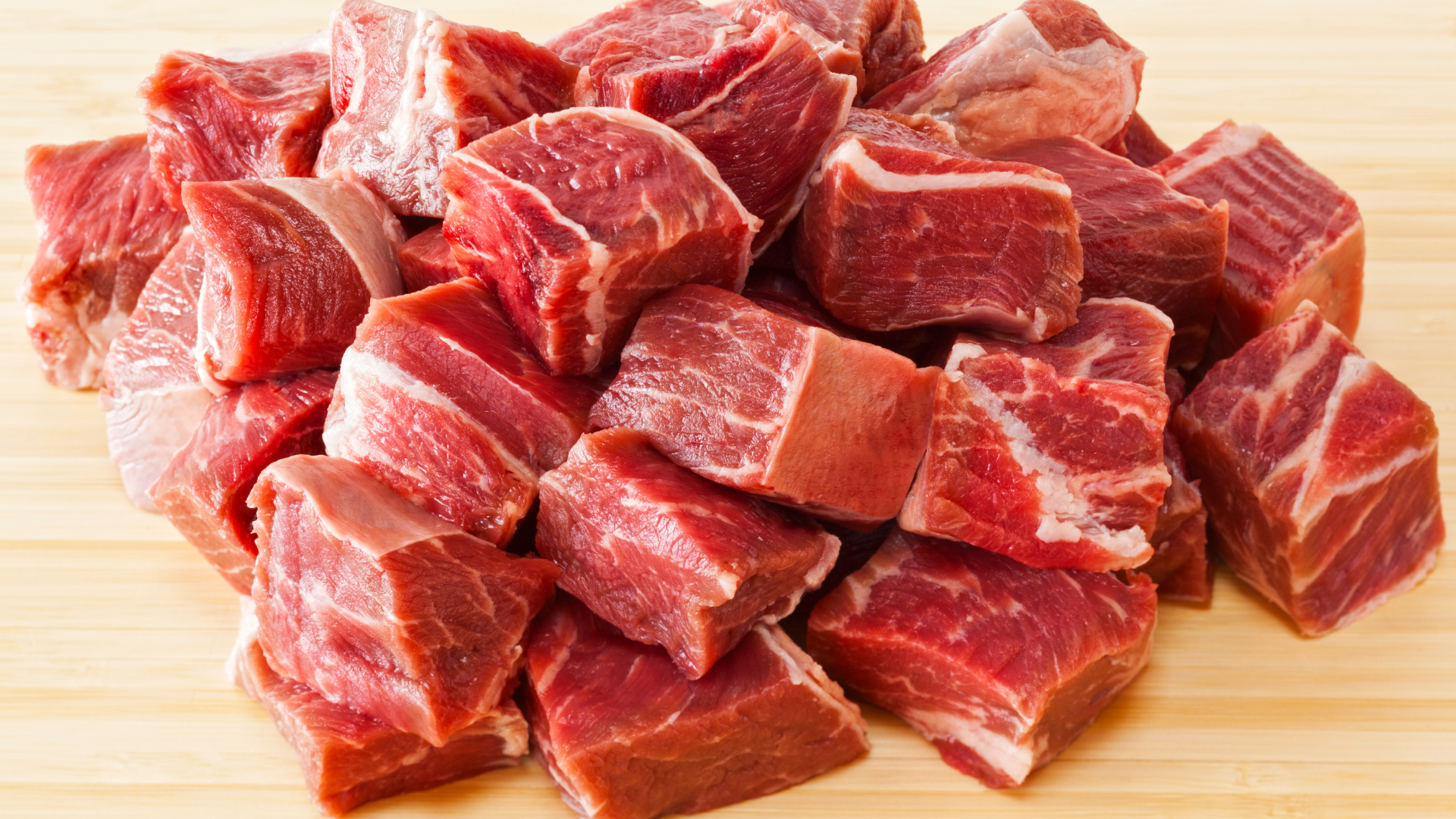
/Blog%20Headers/shutterstock_1834054435.jpg)
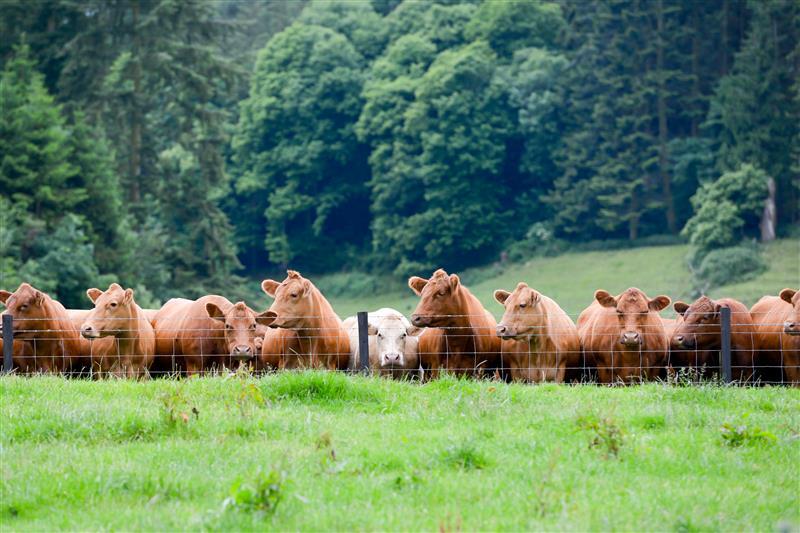
/Blog%20Headers/Preparing%20for%20the%20EU%20Deforestation%20Regulation%20(EUDR)everything%20you%20need%20to%20knowjpg.jpg)
/Blog%20Headers/shutterstock_2498984931.jpg)
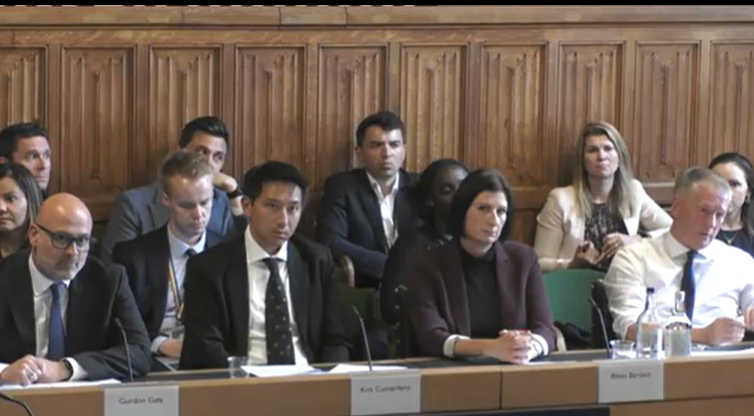

.png)
.png)
/Blog%20Headers/EUDR%20blog%202025.jpg)